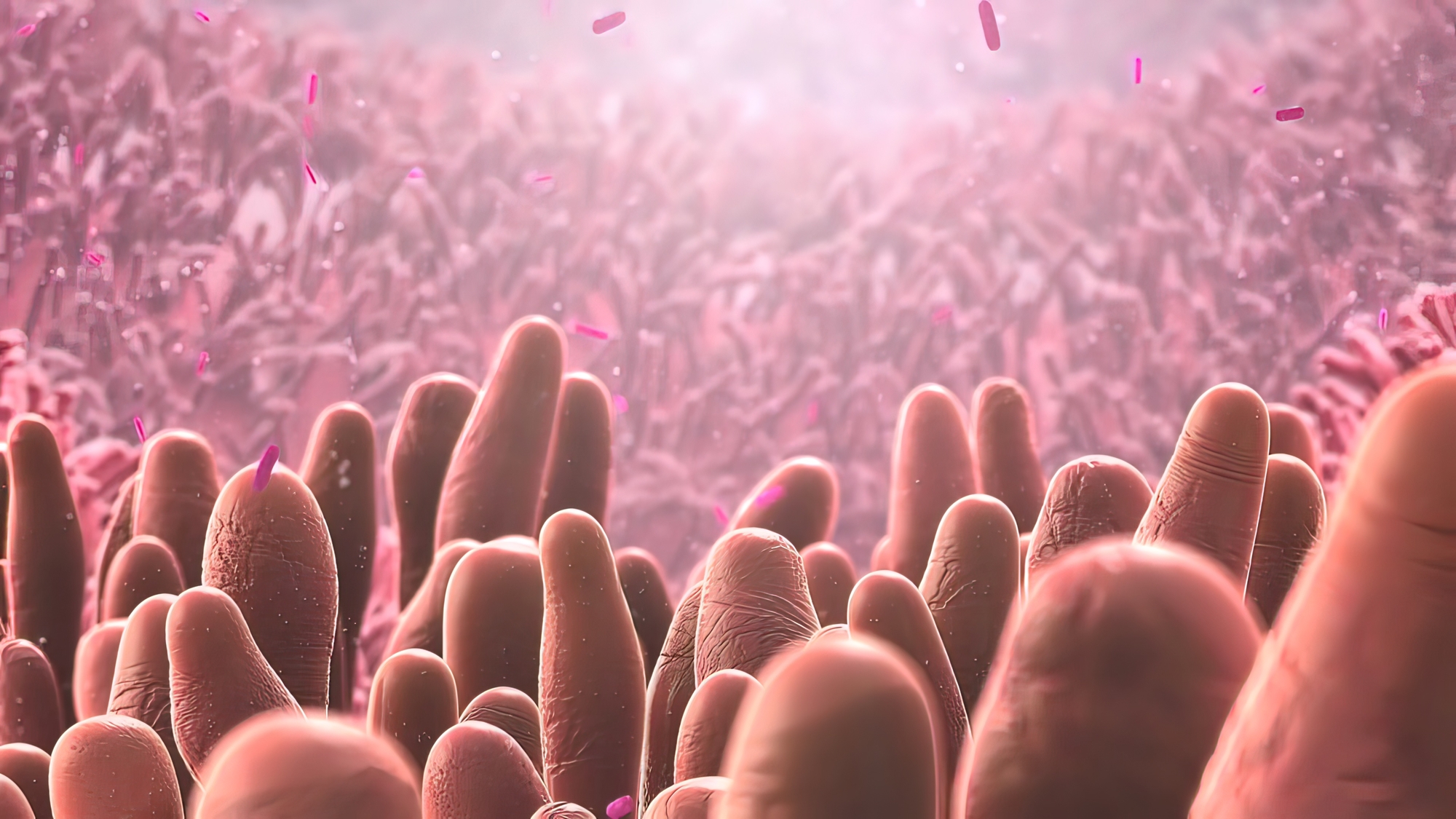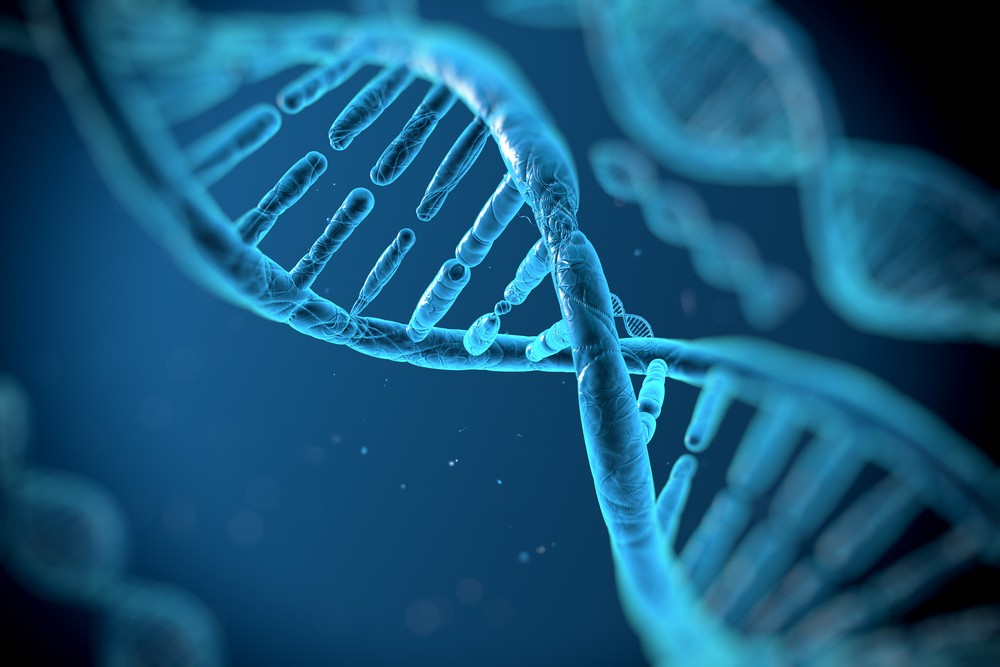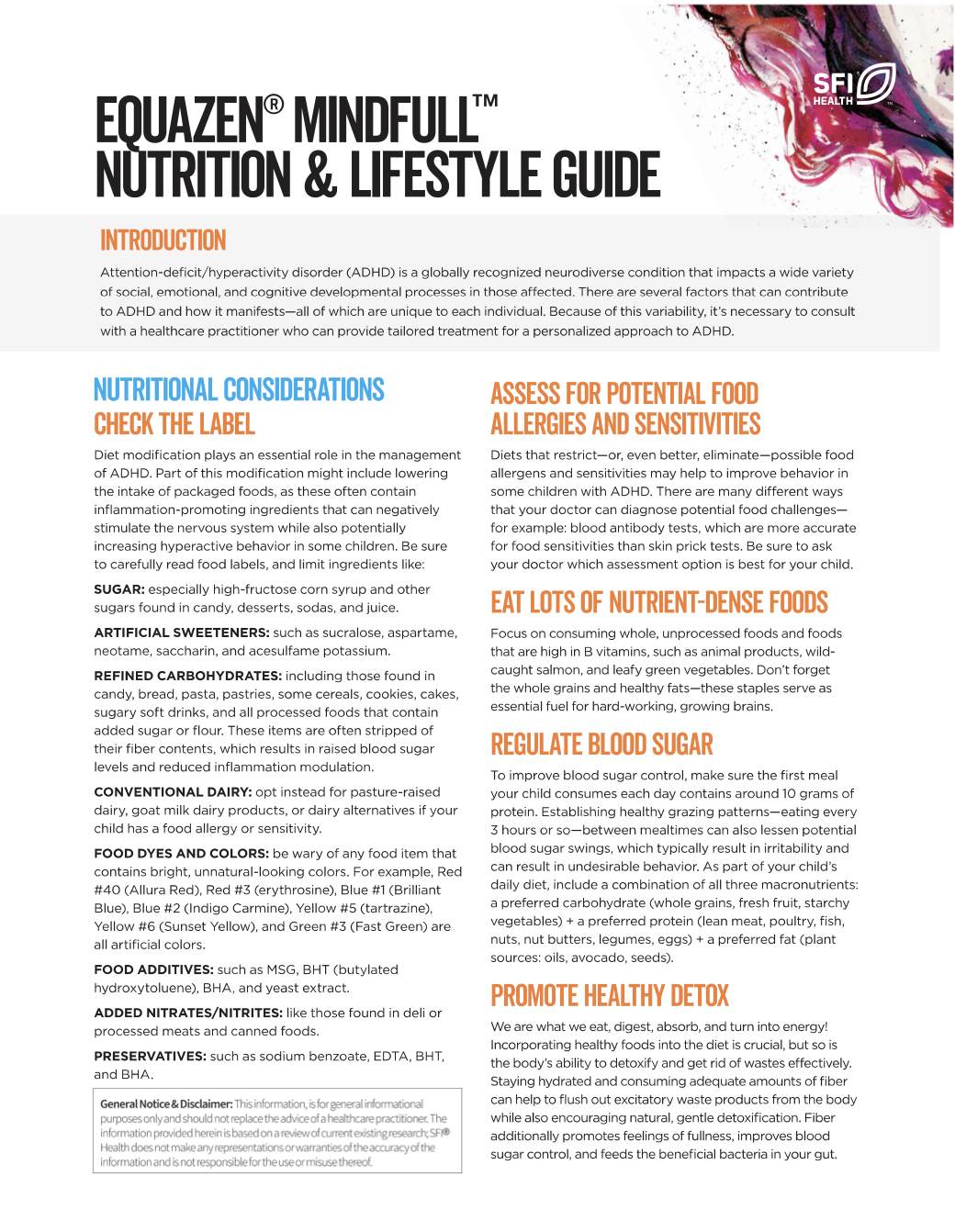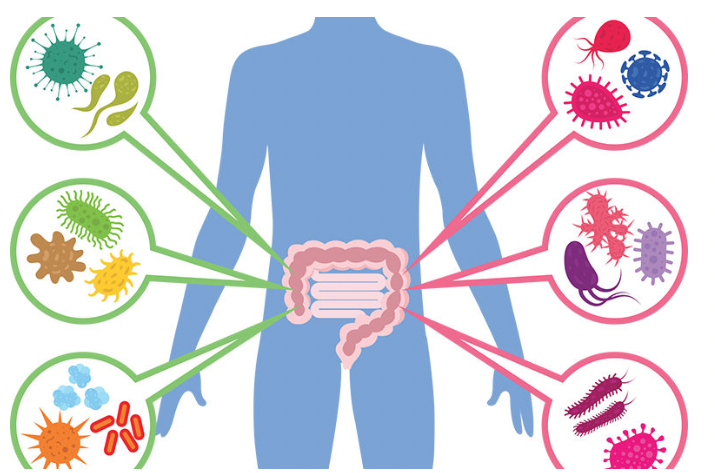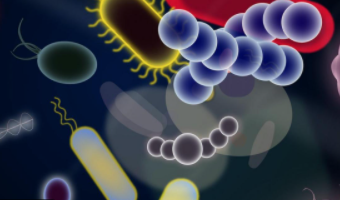Allergy Season Survival Guide: Nutrition and Lifestyle Tips
Nothing feels better in springtime than throwing open the windows and breathing in the fresh air, but that simple pleasure comes at a cost for millions of people. Nearly 30 percent of adults and 20 percent of children suffer from seasonal allergies, and symptoms can seriously damper their routine.1 MedicationsRead



